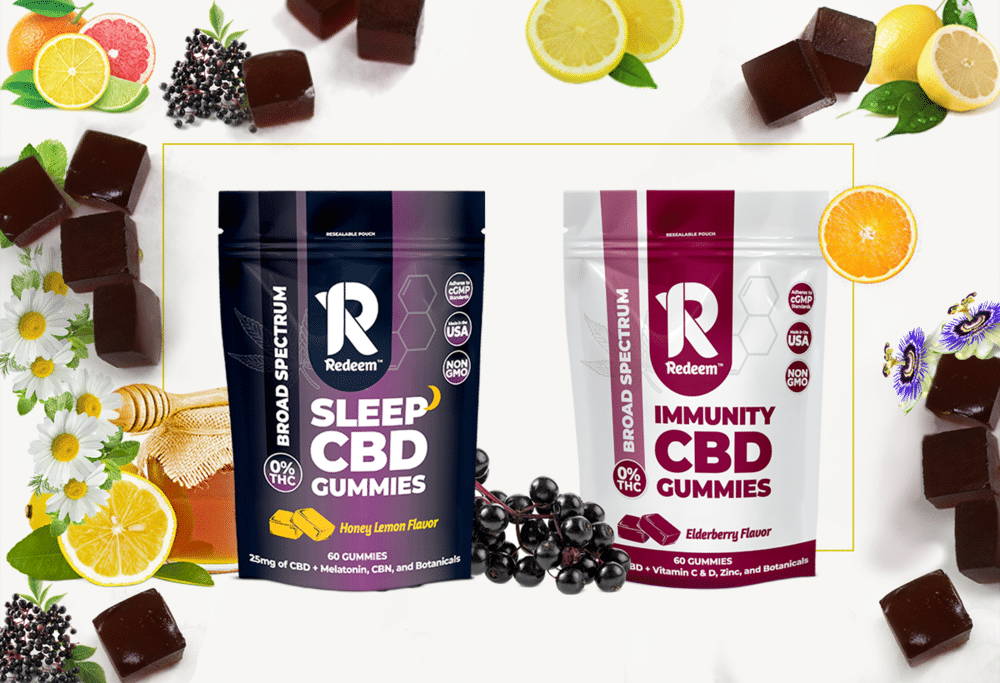Your Cart Details
By Mathew Fairfax | Sep 21, 2023
The 2023 Farm Bill: What CBD Consumers Should Know
The 2023 Farm Bill: What CBD Consumers Should Know
By Mathew Fairfax | Sep 21, 2023
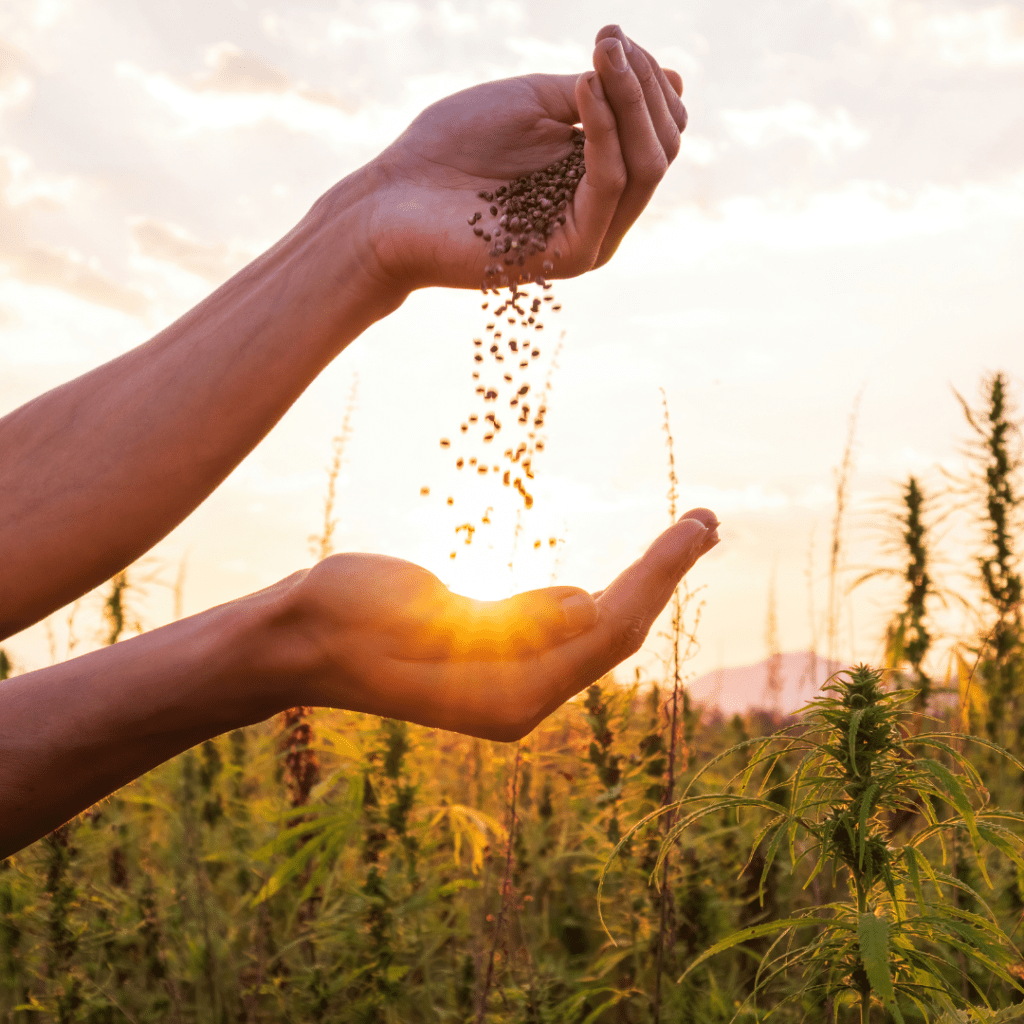
The 2018 Farm Bill expires at the end of September 2023. The 2023 Farm Bill is in the works with input from many stakeholders. The 2023 Farm Bill is a sweeping piece of legislation that covers a vast array of topics other than hemp and CBD.
Most of the 2023 Farm Bill will regulate programs such as crop insurance, food access for low-income families, beginning farmer training, and support for sustainable farming practices.
Before examining the 2023 Farm Bill for its potential impact on hemp and CBD products, let’s first look at how products that seem to fit in the supplement category got wedged in the middle of this huge piece of legislation.
Oh, one last tidbit before we dive into federal regulations. Many states have passed laws to regulate CBD. So, while it is federally legal, some states have placed restrictions on the sale of CBD, such as age limits or limitations on the types of retail locations that can sell CBD.
States have also prohibited or severely restricted the sale of other hemp-derived cannabinoids like Delta 8 THC. States with recreational or medicinal marijuana often place CBD and cannabinoids under the jurisdiction of their regulated marijuana dispensaries. To muddy the waters further, many municipalities also have laws prohibiting some or all of the products protected by the Farm Bill.
How Did CBD Get Into the 2023 Farm Bill?
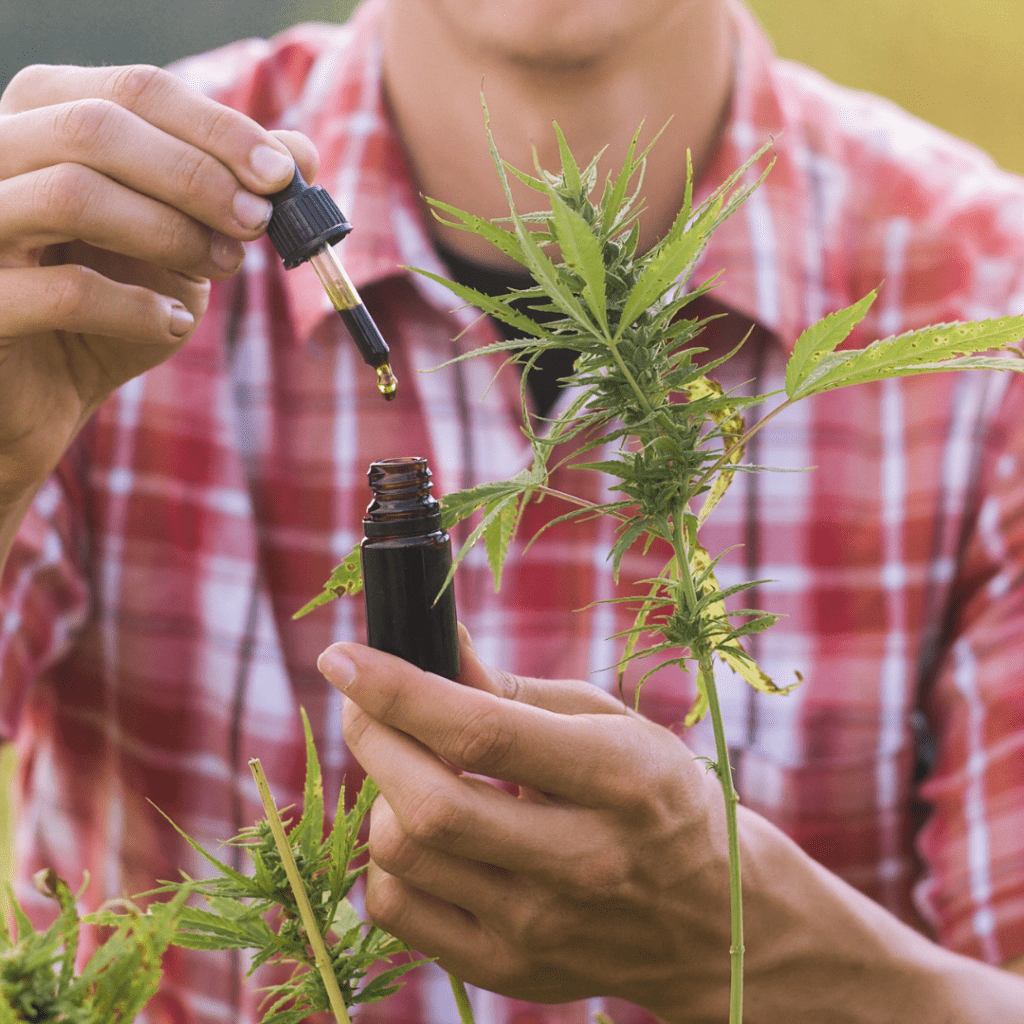
The short answer to this question is that the 2018 Farm Bill was used to legalize hemp farming and products such as CBD, fiber, and seeds derived from hemp. By 2018, CBD products were becoming popular with consumers.
Still, they were illegal due to the wording of the Controlled Substance Act, which made any derivative from the Cannabis sativa plant illegal and equivalent to possession of marijuana in the eyes of the federal government. Even farming hemp for fiber or hemp seed was prohibited.
There is an interesting story behind how and why the non-intoxicating hemp plant became elicit in the United States despite being a staple crop in the 17th and 18th centuries. The players include corporate entities such as the pulp and paper industry and ambitious public servants like Harry Anslinger (Commissioner of the Federal Bureau of Narcotics), who was instrumental in fabricating the public hysteria resulting in the 1937 Marihuana Act (yes, they misspelled it). We don’t have the time to do this story justice here, but it is a cautionary tale about greed, power, and racism that still ripples through our war on drugs today.
Public outcry and pressure from the farm lobbies triggered the inclusion of hemp in the 2018 Farm Bill that removed hemp and hemp products from the DEA list of Scheduled substances. (except for Delta 9 THC). The bill defines the difference between hemp and marijuana based on the Delta 9 THC concentration found in the flower (bud) of Cannabis sativa varieties.
- Cannabis varieties with more than 0.3% Delta 9 THC are considered marijuana.
- Cannabis sativa varieties with less than 0.3% on a dry weight basis are classified as hemp.
Since the Farm Bill must be renewed every five years, the House and Senate are now considering what changes need to be made concerning hemp and hemp-derived cannabinoids such as CBD, THC, CBN, and CBG. As the 2018 Farm Bill is up for renewal in 2023, the hemp-related topics that will be introduced and debated may significantly impact CBD consumers and the cannabinoid market as we know it.
2023 Farm Bill – Federal CBD Regulation
The federally legal status of hemp and CBD products is not up for debate in the 2023 Farm Bill. What will likely be proposed is the regulation of CBD products by the US Food & Drug Administration (FDA). The FDA ensures the safety, efficacy, and security of human and veterinary drugs, biological products, and medical devices.
And you read that right, CBD and other cannabinoid products are not regulated for safety, purity, or efficacy by the FDA. CBD products are not considered a drug or a supplement and cannot be marketed as such. This hands-off approach has created an environment where CBD has proliferated without oversight.
The impact the FDA currently has on CBD companies is limited to issuing warning letters if a manufacturer makes any marketing claims that a product will treat or cure a medical condition or if the product is labeled as a supplement or drug. The FDA does not register, list, or provide guidance or regulations for the manufacture and distribution of CBD products as it does for food, veterinary products, supplements, human drugs, and medical devices.
The Wild, Wild, West
This lack of federal regulation has prompted many to call the CBD market the “Wild, Wild, West.” This was particularly true back in 2018 as the market was emerging. Thousands of CBD brands sprung up overnight. Many, if not most, had little concern for transparency, safety, or quality. Some were outright dangerous due to a lack of understanding of proper extraction, purification, and formulation techniques.
It has been commonplace to find products that did not contain the advertised potency, were extracted with harmful solvents, or even some containing pesticide residue. As with any industry, there are bad and good actors. However, at Redeem Therapeutics, we’re paving the way for truthfulness and transparency in the CBD industry.
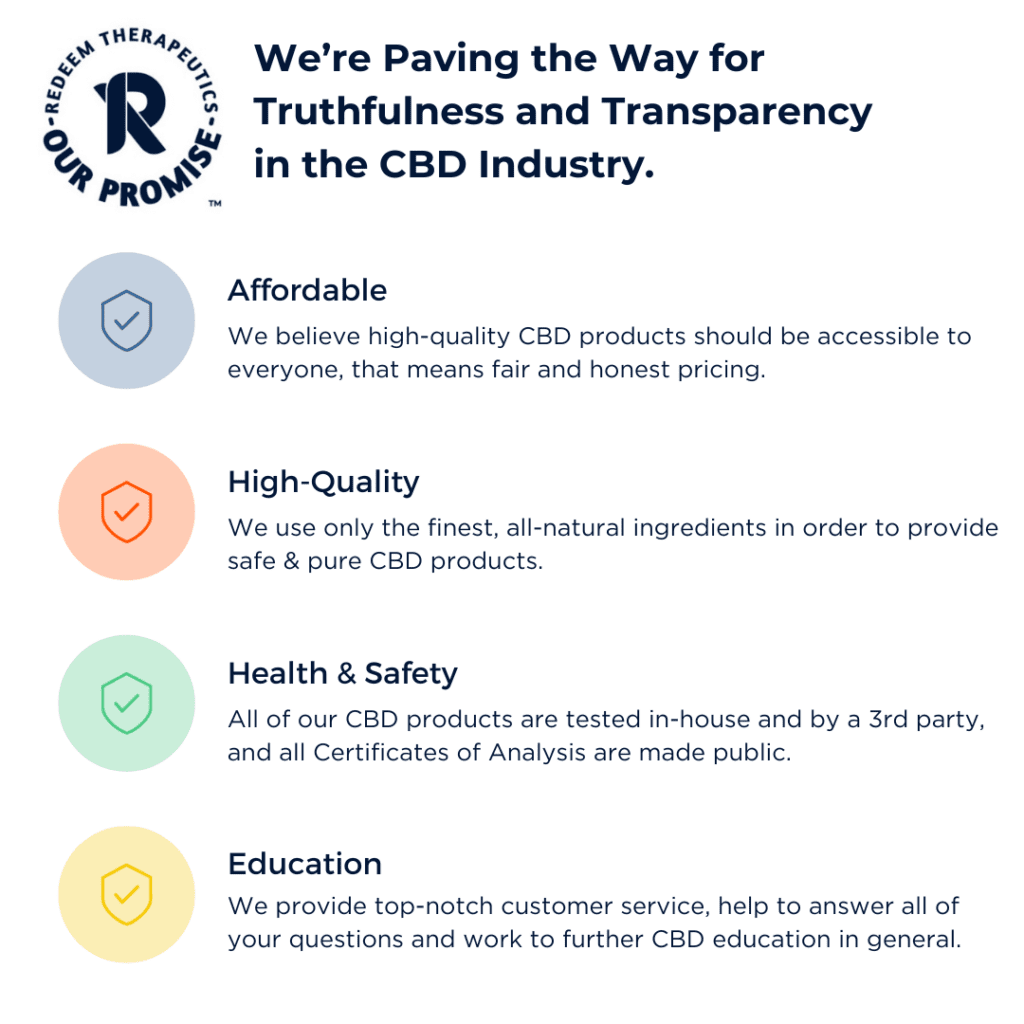
As the CBD market matured, many bad actors disappeared as consumers became more educated and demanded higher standards. Here at Redeem, we are one of the “good guys.” If you want to learn more about how to choose a reputable CBD manufacturer, check out our Values on our About US page and our blog on the subject.
Why the FDA is not Regulating CBD at this Time
The Food and Drug Administration believes CBD does not fit the current regulatory framework for food or supplements. The FDA has stated that there is a need to regulate CBD and expressed a “willingness to work with Congress to find a new way forward.” This brings us full circle to the desire of many to implement changes in the 2023 Farm Bill that will require the FDA to develop the necessary framework and regulate CBD. See the FDA statement on CBD regulation here.
Here at Redeem, we welcome FDA regulation. We have built our quality system on current Good Manufacturing Practices. Our sister company is a registered Medical Device Facility regularly inspected by the FDA and is ISO13485 certified. Our management has over 60 years of medical device and pharmaceutical experience. For more information on our quality system, see our blog on cGMP.
Why Does the FDA, Not Consider CBD a Supplement
The FDA does not consider CBD a supplement because, in the agency’s view, it is unclear what is being supplemented or how much CBD is needed. What is the recommended daily allowance of CBD? These questions are the biggest roadblock to regulation.
Here at Redeem, we think the answer to at least part of the question is that CBD supplements the naturally occurring cannabinoids produced by your endocannabinoid system. While the cannabinoids produced by your body are not exactly the same in chemical structure as those produced by the hemp plant, they are close enough to activate the CB1 and CB2 receptors all over your brain and organs.
The endocannabinoid system is responsible for helping to maintain a “steady state” or homeostasis for many of your physiological functions. These functions include:
- Appetite Regulation
- Inflammatory Responses
- Mood Regulation
- Pain Signaling
We think it is clear that CBD and other cannabinoids are supplements to the naturally occurring cannabinoids produced by your body. Still, we accept and understand that more research is necessary to understand dosing fully.
Facts We Know About CBD
- There is a preponderance of anecdotal data to suggest that CBD is safe, and dosage can be determined by individuals titrating their dose to achieve the desired result.
- Twenty-six percent of Americans reported using CBD products in 2022 to relieve pain, inflammation, insomnia, and stress. To learn more about the endocannabinoid system, see our blog, “The Science Behind CBD.”
- Given CBD’s ability to regulate the endocannabinoid system, CBD products should be used responsibly, especially when CBD is used with other medications.
- CBD is metabolized by the liver in the same manner as many popular prescription medications.
- CBD will compete with drug compounds for the enzymes in the liver that break CBD and prescription drugs down. This competition can cause prescription drugs to stay in your system longer than normal and may cause elevated concentrations in your system.
*We recommend you consult your physician if you use CBD with prescription medications. See our “CBD and Blood Pressure Medication” blog for more information.
2023 Farm Bill and Delta 8 THC
Tetrahydrocannabinol (THC) is the cannabinoid responsible for the “High” experienced when marijuana is smoked. As we stated above, the THC concentration of Cannabis sativa determines if the plant is classified as hemp or marijuana.
All hemp plants contain some Delta 9 THC but must be less than 0.3% Delta 9 THC. It is pretty straightforward. However, the issue has become complicated with the emergence of compounds like Delta 8 and Delta 10 THC.
Delta 8, 9, and 10. What’s the Delta Difference?
Delta-9 THC is the form of THC that is most abundant in hemp and marijuana. Delta 8 and Delta 10 are produced by the cannabis plants but in extremely low quantities. The amount of hemp needed to extract either of these compounds, as they occur naturally in Cannabis sativa, makes it economically infeasible to attain these compounds from the natural plant material. Nice to know, but why does it matter?
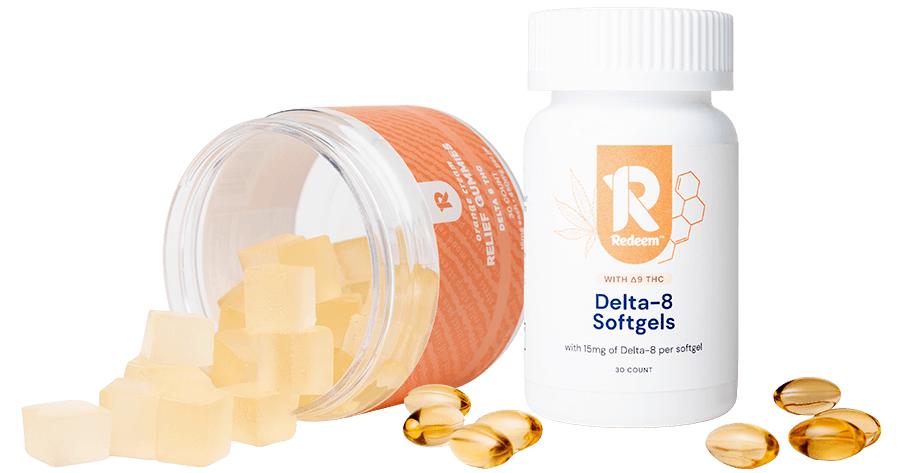
Delta 8 and Delta 10 are desirable as a workaround for the concentration limits placed on Delta 9 by the Farm Bill in order not to violate the DEA Schedule I status of Delta 9 THC. These compounds occur naturally and provide essentially the same physicochemical effects as Delta 9 THC. Since the Farm Bill protects hemp-derived Delta 8 and Delta 10, they are commonly used in combination with CBD and by themselves in concentrations over 0.3%.
These hemp-derived products may induce some level of euphoria or physical relaxation. Many states and municipalities see Delta 8 and Delta 10 THC as skirting marijuana laws and have enacted specific laws to prohibit these compounds, treating them the same as marijuana.
The crux of the legality argument for Delta 8 and Delta 10 used over the 0.3% limit set for Delta 9 THC is that they are derived from hemp. The opposing argument is that while Delta 8 and Delta 10 are derived from hemp extraction, they are created in the laboratory by the chemical conversion of CBD into Delta 8 or Delta 10.
Remember, we stated above that Delta 8 and Delta 10 do not occur naturally in a high enough concentration to make extraction of these compounds feasible. One side says these compounds are unregulated and legal because they are derived from hemp. The other side (DEA) believes they are synthetic THC forms that are expressly illegal under the Synthetic Drug Abuse Prevention Act of 2012. This matter has not been adjudicated to date and still remains a matter of opinion.
* Additional resources on this topic can be found at the end of this article.
2023 Farm Bill May Increase THC Limits
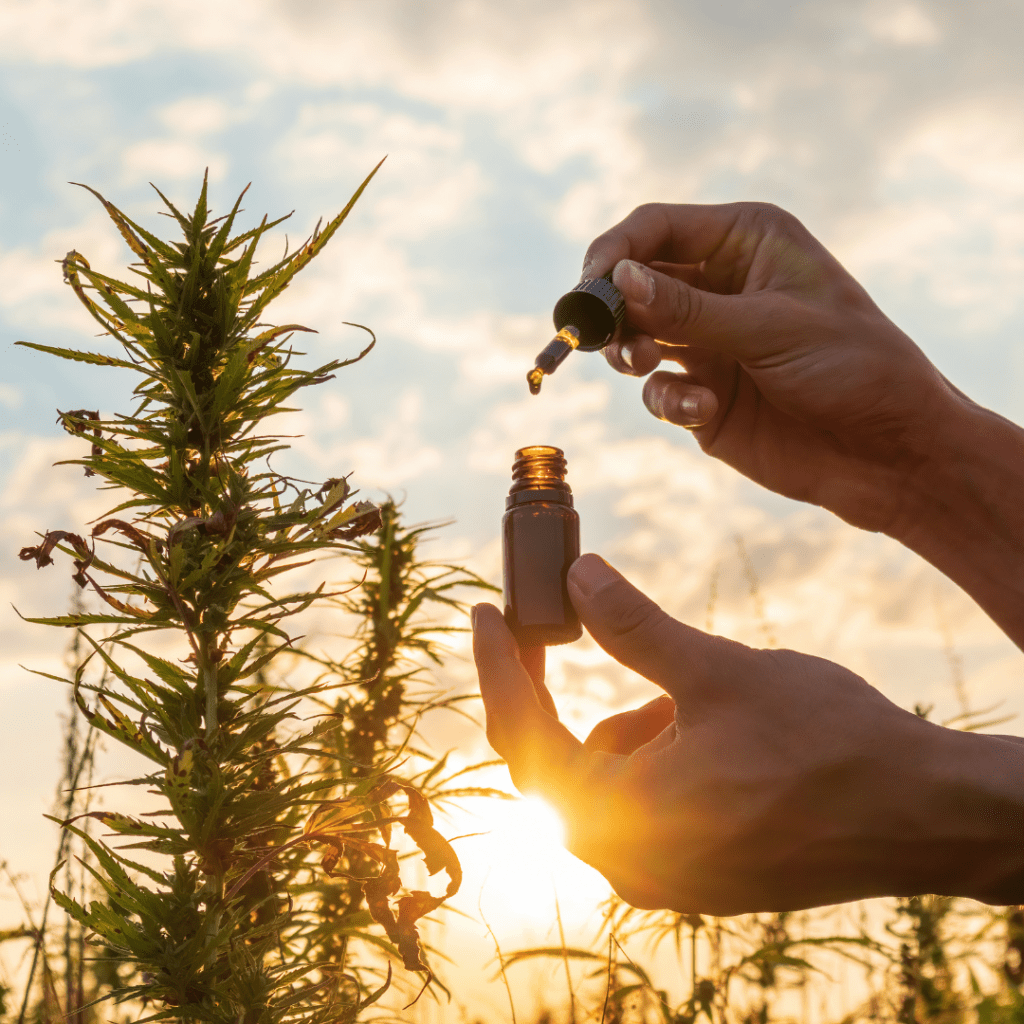
Many hemp farmers, processors, and manufacturers are lobbying for an increase in the THC limit from 0.3% to 1%. It is unclear at this point if an increase would only be in effect for the plant material or if it would extend to consumer products. Farmers argue that the current regulation is too strict and often results in crops being destroyed and potential legal action against the farmer if THC testing determines a THC concentration over 0.3%. Here at Redeem, we feel that it is unlikely that the 2023 Farm Bill will allow an increase in the Delta 9 THC concentration of consumer products such as tinctures and gummies.
2023 Farm Bill Consumer Wrap-up
The 2023 Farm Bill, a comprehensive piece of legislation, won’t be finalized this year. While CBD issues are just a fraction of this bill, the key focus is on establishing a regulatory framework for FDA oversight of CBD as supplements or similar products. This framework would include manufacturer licensing, product registration, label requirements, contamination prevention, potency limits, minimum age restrictions, child-resistant packaging, and CBD standards for pet products. These measures aim to protect consumers from unscrupulous actors in the CBD industry. Given that over one-third of the population consumes CBD products in 2023, prioritizing FDA action for consumer safety is essential.
The Redeem Therapeutics Promise
At Redeem Therapeutics we are nothing without our values! We promise to…
- Be transparent about our processes and act in integrity.
- Source our hemp from USDA Certified Organic Hemp Farms and use organic, all-natural flavoring, as well as other vegan-friendly and cruelty-free ingredients.
- Craft CBD products with honest & simple ingredients that restore your body’s natural ability to heal itself.
- Manufacture our products in-house using, pharmaceutical-grade processes for safety & consistency. Using precise measures in our tightly controlled facility, putting the science back into all-natural CBD products.
- Provide unbiased, 3rd-party lab test results performed on each batch of our CBD products.
- Provide prices that are well below the industry average, making CBD accessible to everyone. Learn more about our 33% lifetime discount to everyone Assistance Program.
- Educate the general public on the science, the studies, the laws, the risks, the rewards, and everything related to CBD.
- Provide top-notch customer service, you can call, email or start a chat anytime you have any questions related to CBD. Call us at (803) 736-3577 Email us at [email protected]
If you are a fan of # 7 on our promise list and want to stay up to date on CBD studies, the laws, risks and rewards, sign up for our educational newsletter below.
Many of these are written by Redeem Therapeutics President, Mat Fairfax. With 30+ years’ experience in the pharmaceutical industry, an educational background in chemistry, and a personal mission to bring the benefits of CBD to those in need you will always receive quality education.
We Adhere to Strict Standards for Pharmaceutical-Grade CBD
The safety and effectiveness of a health and wellness product is determined by the level of consistency and control maintained over the manufacturing process. CBD products are no exception.
Strict Adherence to cGMP
That’s why we adhere to what is known as current Good Manufacturing Practices (cGMP). At their core, current Good Manufacturing Practices are a set of guidelines enforced by the FDA for manufacturers of medical devices, food, supplements, animal feed and veterinary drugs, and human drug products. While the FDA doesn’t regulate CBD products, by self-imposed adherence to cGMP manufacturing standards, we reassure our customers that our products are high-quality, safe, and effective.
Further Resources to Understand the Differences Between Delta 8, 9, & 10
 CBD Gummies
CBD Gummies CBD Oils
CBD Oils CBD Capsules
CBD Capsules CBD Cream
CBD Cream CBD for Pets
CBD for Pets CBD + THC Gummies
CBD + THC Gummies Delta 8 Gummies
Delta 8 Gummies Delta 8 Capsules
Delta 8 Capsules Full Spectrum CBD Oil
Full Spectrum CBD Oil  THC Drops
THC Drops Stress
Stress